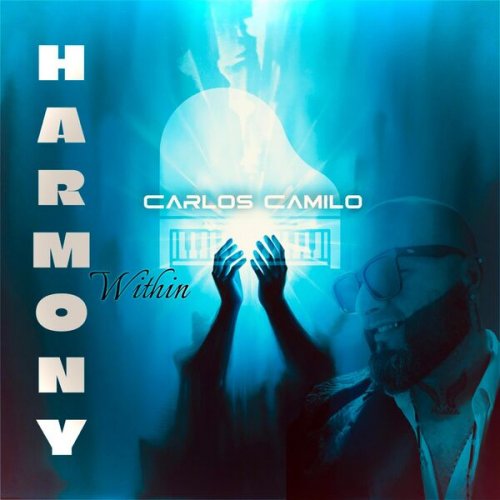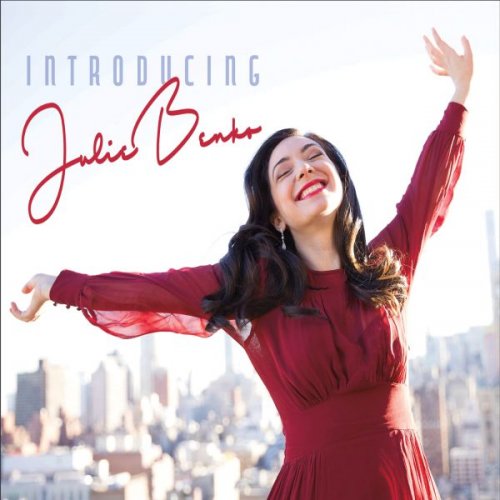Dmitri Hvorostovsky & Mikhail Arkadiev - My Restless Soul (1995)
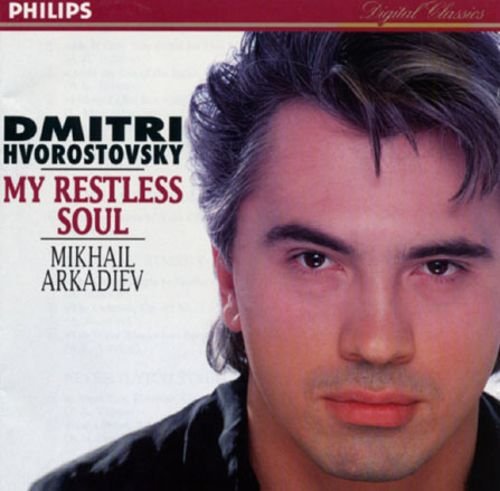
Artist: Dmitri Hvorostovsky, Mikhail Arkadiev
Title: My Restless Soul
Year Of Release: 1995
Label: Philips
Genre: Classical
Quality: APE (image + .cue)
Total Time: 57:26 min
Total Size: 170 MB
WebSite: Album Preview
Tracklist:Title: My Restless Soul
Year Of Release: 1995
Label: Philips
Genre: Classical
Quality: APE (image + .cue)
Total Time: 57:26 min
Total Size: 170 MB
WebSite: Album Preview
01. Ah, If Only You Could For One Moment, Op. 38, No. 4
02. Amid The Din Of The Ball, Op. 38, No. 3
03. I Should Like In A Single Word
04. My Protector, My Angel, My Friend
05. It Happened In The Early Spring, Op. 38, No. 2
06. For The Shores Of Your Distant Homeland
07. The Cloud Begin To Scatter, Op. 42, No. 3: The Clouds Begin To Scatter, Op. 42, No. 3
08. The Octave, Op. 45, No. 3
09. The Wave Breaks Into Spray, Op. 46, No. 1
10. I Bless You, Forests, Op. 47, No. 5
11. Not A Word, Beloved, Op. 6, No. 2
12. The Love Of A Dead Man, Op. 38, No. 5
13. On The Golden Cornfields, Op. 57, No. 2
14. Whether The Day Reigns, Op. 47, No. 6
15. We Sat Together, Op. 73, No. 1
16. Morning, Op. 4, No. 2
17. Child, You Are Beautiful Like A Flower, Op. 8, No. 2
18. How I Languish, Op. 21, No. 12
19. Spring Waters, Op. 14, No. 11
Known for captivating song recitals, lyrical performances of Verdi baritone roles, and, not least of all, his striking silver hair, Dmitri Hvorostovsky enjoyed an A-list career since he emerged in the early 1990s. His brilliant, yet deceptively dark-hued voice is the embodiment of chiaroscuro, and the combination of vocal polish and emotion that he brought to his performances made him an audience favorite.
Having grown up, studied, and debuted (as Marullo in Rigoletto) in his hometown of Krasnoyarsk, he took top honors at the 1987 Glinka National Competition, the 1988 Toulouse Singing Competition, and then the 1989 Cardiff Singer of the World competition. The last of these, in which he edged out both the meteoric Bryn Terfel and Monica Groop for the win, launched him into the spotlight and led to his western operatic debut, as Yeletsky in Tchaikovsky's The Queen of Spades in Nice. The next several years brought debut recitals in London and New York, his Italian debut as Eugene Onegin at the famous La Fenice, and engagements at Covent Garden, the Metropolitan Opera, the Chicago Lyric Opera, and the Berlin State Opera. His first solo recording contract, with Philips, began in the early 1990s, as well; the artistic and commercial success of his first several CDs, and the explosion of his operatic and concert schedule around the world, sent his career into high gear.
Although he was closely identified with the roles of Eugene Onegin and Yeletsky (The Queen of Spades), Hvorostovsky's operatic repertory was centered on Italian works more so than Russian; in the early 2000s, he began to explore new Russian territory, like Prokofiev's War and Peace, but in general he felt Russian roles called for a gruffer, less lyrical voice than his. He is known best for his performances as the elder Germont in La Traviata, Posa in Don Carlos, Don Giovanni, and Rossini's Figaro. However, as a recitalist, Hvorostovsky was always intensely focused on Russian song, making moody, dramatic works of Rachmaninov, Tchaikovsky, Rimsky-Korsakov, Glinka, and Mussorgsky the centerpieces of his performances. With his longtime collaborator Mikhail Arkadiev at the piano, Hvorostovsky established himself as one of the finest singers of that repertory anywhere in the world. The special nature of that collaboration was honored by Russian composer Georgy Sviridov in 1995, when he dedicated his vocal poem Petersburg to Hvorostovsky and Arkadiev; the two remained champions of his music. Since the turn of the twenty-first century, Hvorostovsky devoted himself more and more to Verdi roles. -- Allen Schrott
Having grown up, studied, and debuted (as Marullo in Rigoletto) in his hometown of Krasnoyarsk, he took top honors at the 1987 Glinka National Competition, the 1988 Toulouse Singing Competition, and then the 1989 Cardiff Singer of the World competition. The last of these, in which he edged out both the meteoric Bryn Terfel and Monica Groop for the win, launched him into the spotlight and led to his western operatic debut, as Yeletsky in Tchaikovsky's The Queen of Spades in Nice. The next several years brought debut recitals in London and New York, his Italian debut as Eugene Onegin at the famous La Fenice, and engagements at Covent Garden, the Metropolitan Opera, the Chicago Lyric Opera, and the Berlin State Opera. His first solo recording contract, with Philips, began in the early 1990s, as well; the artistic and commercial success of his first several CDs, and the explosion of his operatic and concert schedule around the world, sent his career into high gear.
Although he was closely identified with the roles of Eugene Onegin and Yeletsky (The Queen of Spades), Hvorostovsky's operatic repertory was centered on Italian works more so than Russian; in the early 2000s, he began to explore new Russian territory, like Prokofiev's War and Peace, but in general he felt Russian roles called for a gruffer, less lyrical voice than his. He is known best for his performances as the elder Germont in La Traviata, Posa in Don Carlos, Don Giovanni, and Rossini's Figaro. However, as a recitalist, Hvorostovsky was always intensely focused on Russian song, making moody, dramatic works of Rachmaninov, Tchaikovsky, Rimsky-Korsakov, Glinka, and Mussorgsky the centerpieces of his performances. With his longtime collaborator Mikhail Arkadiev at the piano, Hvorostovsky established himself as one of the finest singers of that repertory anywhere in the world. The special nature of that collaboration was honored by Russian composer Georgy Sviridov in 1995, when he dedicated his vocal poem Petersburg to Hvorostovsky and Arkadiev; the two remained champions of his music. Since the turn of the twenty-first century, Hvorostovsky devoted himself more and more to Verdi roles. -- Allen Schrott
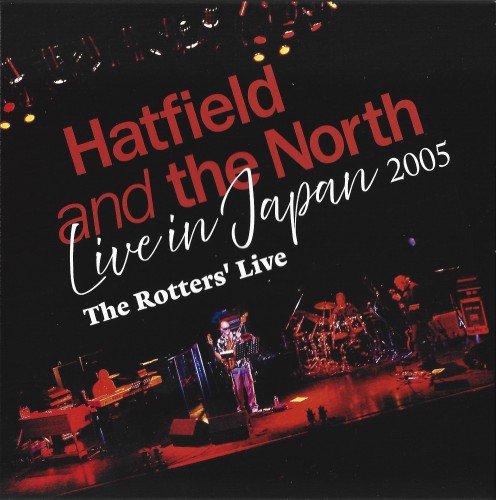
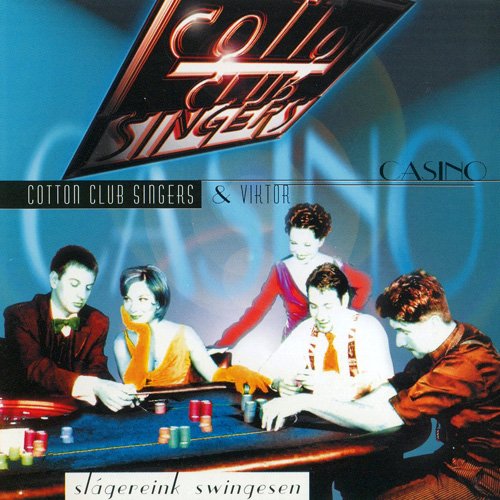
![Ari Bragi Karason - Unclear Family (2026) [Hi-Res] Ari Bragi Karason - Unclear Family (2026) [Hi-Res]](https://img.israbox.com/img/2026-02/06/yjelz9np21fbxv7fdk3vpg5p0.jpg)
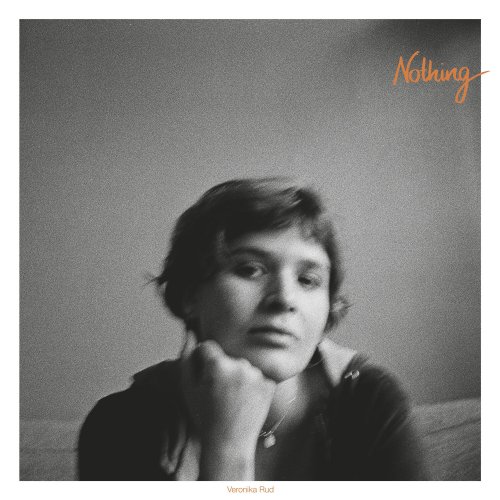
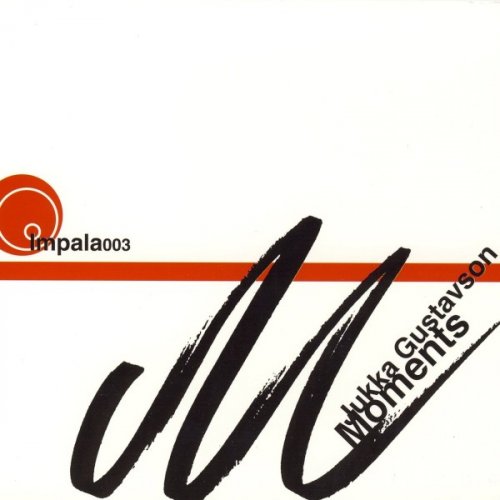
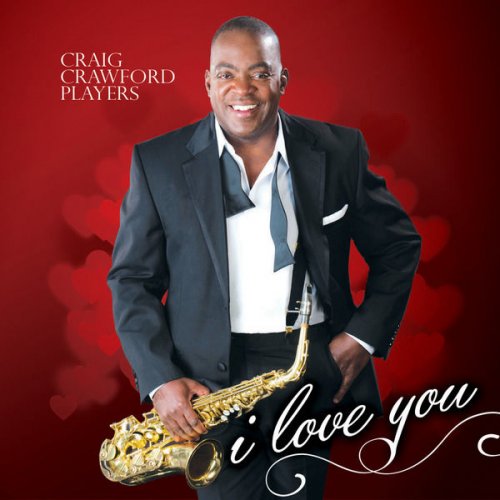
![Maj Kavšek - MINOR FLAW (2026) [Hi-Res] Maj Kavšek - MINOR FLAW (2026) [Hi-Res]](https://img.israbox.com/img/2026-02/09/8u50qjzftilnmaq7cws2iy3sg.jpg)
